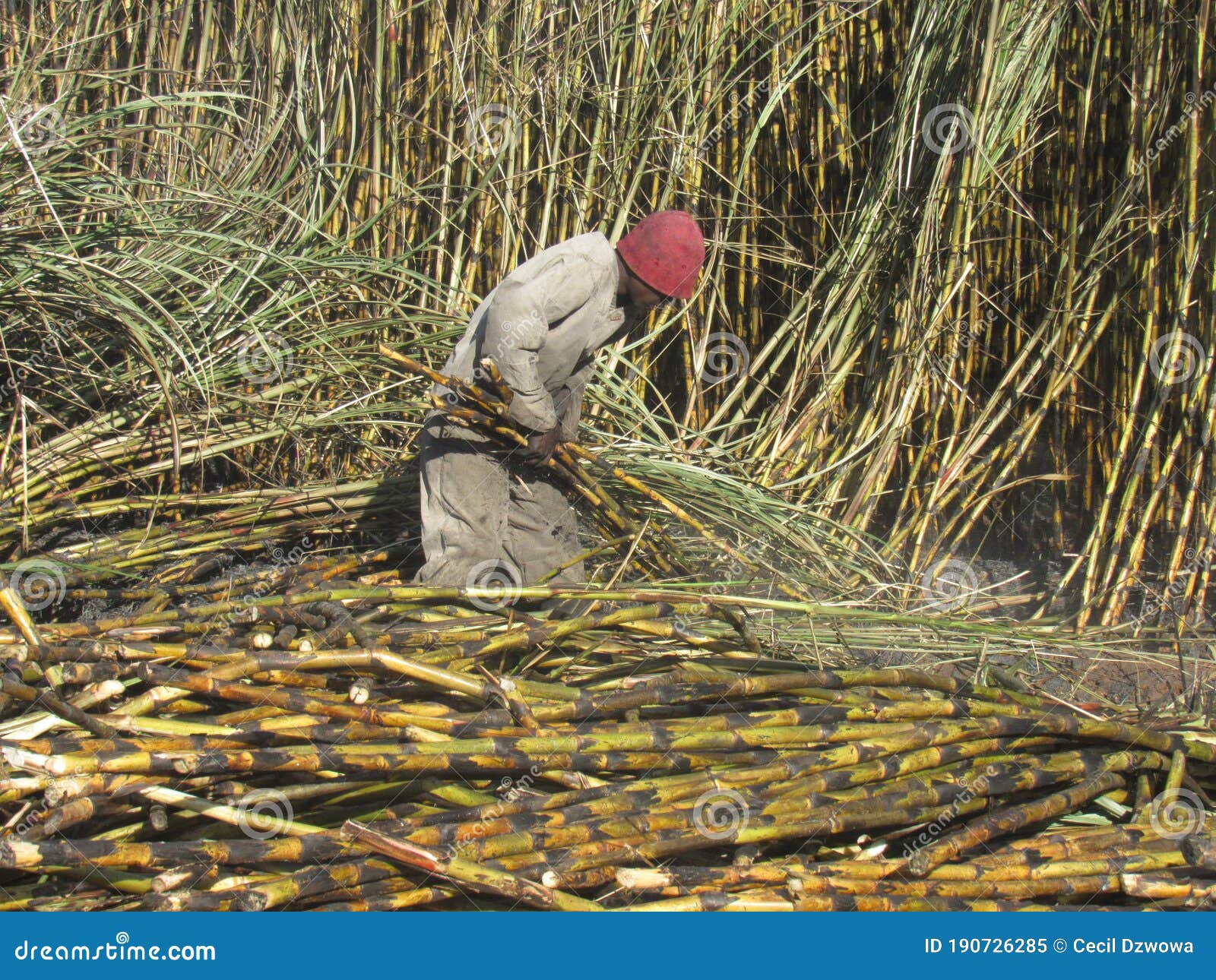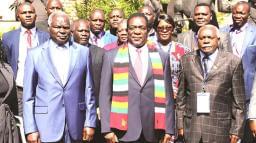Tongaat Hulett has secured Kagera Sugar as a strategic equity partner in a deal that will see the Tanzanian sugar giant acquire the sugar assets of the troubled sugar producer and property group.
The currently suspended JSE-listed group, which went into business rescue in October 2022, confirmed on Friday that the proposed transaction will comprise the acquisition of its complete sugar division in South Africa as well as its sugar businesses in Zimbabwe, Mozambique, and Botswana. Tongaat did not confirm the monetary value of the equity deal, nor did it say whether the group would stay on the JSE (based on the bourse lifting the suspension of trade in the company’s shares).
As part of the business rescue, Tongaat’s business rescue practitioners (BRPs) sought strategic partners to save the company, with Kagera, a sugar manufacturing company situated in the North-Western part of Tanzania, emerging as the preferred partner out of a shortlist of eight candidates.Beyond its Tanzanian operations, Kagera’s presence spans the Democratic Republic of Congo and the Middle East where it owns sugar assets and refineries.
Commenting on the Kagera deal, the BRPs said the group was both financially sound and have a solid track record.
“Its exposure to complementary sugar assets in Tanzania and the Democratic Republic of Congo offers relevant technical and operational knowledge to assist the turnaround of Tongaat Hulett’s South African sugar assets,” they said.
The BRPs added Kagera’s sugar refineries in Oman and Bahrain would provide access to world-class technologies and expertise to improve efficiencies. Tongaat noted that continuing to run its sugar assets as a combined multi-country group would ensure continuity for the operations in Mozambique, Zimbabwe and Botswana.
“It will also provide the South African business with access to technical capability to improve and to retain jobs in KwaZulu-Natal and to protect the livelihoods of several stakeholders across Tongaat’s value chain, including that of the group’s many small-scale growers,” the company said.
For Kagera, the acquisition is in line with its overall group strategy across Africa, where it has ambitions to become a leading sugar producer on the continent, said Nassor Seif, managing director of Kagera Sugar.
“We will extend the core values that have resulted in the success of our group companies to the new Southern African operations to benefit employees, growers and ultimately the economy of the region,” he added.
“The group is committed to investing significantly in the operations to modernise the plants and expand them to increase production and efficiencies,” said Seif.Chris Logan, CIO at Opportune Investments, and shareholder activist said while the takeover is potentially a positive development, given Karega is little known, their ability to focus on the business’s turnaround still largely hangs on how much financial resource and technical knowledge Karega can bring to the party.
“Tongaat needs quite a bit of money thrown at it… They’ve been hamstrung in terms of not being able to spend what they need in terms of fixing up the mills, we need to know what this preferred bidder is bringing to the party,” he said.– Bloomberg
The problem has always been the SA sugar assets; the mills and the cane lands, and that is difficult to turn around because they are old mills,” he said.
However, Karega may have major financial resources behind it stemming from its Middle Eastern refineries, he said.
“It may well be that there’s big money behind it, particularly with the refineries in the Middle East. It could be they are sourcing sugar in Africa and refining it in the Middle Eastern market,” Logan said.
The SA Canegrowers, who had been pressing their thumbs in hope for a suited bidder, welcomed the Tongaat’s announcement of the equity partner, describing it as “an important step forward”.
“Much remains to be determined,” Thomas Funke, CEO of the Canegrowers Association said.
“We will continue to monitor the situation closely as it develops. The most important outcome will be the survival of growers’ operations and the protection of the livelihoods they sustain,” Funke said. Bloomberg











